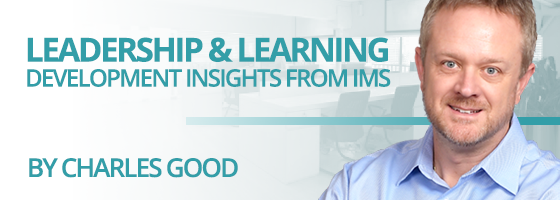Time is the scarcest of all resources since it is the one thing we never get back. You can always get more money or other resources, but you will never get back any of the time you have spent. Time management is productivity’s greatest tool. As Peter Drucker stated in The Effective Executive, “Effective executives, in my observation, do not start with their tasks. They start with their time…They start by finding out where their time goes. Then they attempt to manage their time and to cut back on unproductive demands on their time.” So how can you start becoming 2.5X more productive? Drucker provides a three-step process.
STEP 1 – TRACK YOUR TIME
This allows you to have a better understanding of where your time is currently being spent. Also, tracking usually improves performance and uncovers time wasters.
STEP 2 – MANAGE YOUR TIME
Eliminate the non-essentials and cut out those time wasters.
STEP 3 – CONSOLIDATE YOUR TIME
Identify time blocks to tackle your essential tasks. Jason Womack, IMS educator and co-author of Get Momentum calls these activities his MITs (most important tasks). Try to schedule these time blocks earlier in the day and make sure you minimize interruptions from others
As you are integrating this approach into your daily routine, you are likely to need other insights and tips to manage the overwhelming number of things you need to do. For that, I turn to productivity guru, David Allen, who is the best-selling author of Getting Things Done.
David approach is to capture everything that needs to get done into a trusted system. We need to close the open loops. As David states, “Most people walk around with their RAM bursting at the seams.” His system works with many of the common technology platforms, although I prefer Trello or Omni focus. After we capture everything, now we need to translate everything into next actions. For everything we have collected, the critical question that David poses, “What is the next action?” The following are a few of the tips I have personally found extremely helpful.
THE TWO MINUTE RULE
My favorite tool that I have used from David’s system for becoming 2.5x more productive is the two-minute rule. If an action takes less than two minutes to complete, do not place it on a list to do later. By completing these tasks, you are creating momentum of small wins that will keep you motivated and give yourself a sense of accomplishment.
INBOX ZERO
How is your inbox these days? If it anything like mine, it is out of control. David is quoted as stating that the energy to maintain at zero base than at a thousand base. Having too many emails results in there being many ‘open loops’ in your mind that are vying for your attention. Surprisingly, the emails we tend to keep in our inbox usually requires us to decide.
Finally, I wanted to leave you with some additional advice from Jason Womack and the questions he asks himself at the end of each day.
- What did I complete today? What did I check off the list? What got finished? What mission moved forward?
- Who can I acknowledge? Who on the team, who in my community – is there a client, is there a vendor, is there someone out there that I can either reach out to and thank or I can share with my own team what that person did that helped us move along?
- What am I grateful for right now?
As Jason states, these questions act as the close, the end, the way that he can almost put a bow and tie the day together. It also provides the necessary tracking and places everything in proper perspective.
So, prioritize those MITs, adopt the 2-minute rule, and start applying ‘Inbox zero’, and you will be on your way to becoming 2.5X more productive!
If you would like even more tips for managing your time please look back at our blog on How to Work Smarter, Not Longer or our blog on making New Years Resolutions.
ABOUT CHARLES GOOD
Charles Good is the president of The Institute for Management Studies, which provides transformational learning experiences that drive behavioral change and develop exceptional leaders. Charles is an innovative and resourceful leader who specializes in bringing people together to develop creative organizational and talent strategies that enable business results. His areas of expertise include assessing organizational skill gaps and leading the design, creation and delivery of high impact, innovative learning solutions that achieve business goals.

Get article Charles! Didn’t know you were a GTD’r like me 🙂